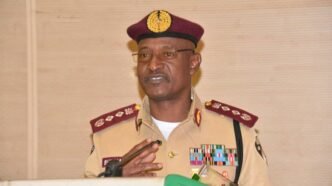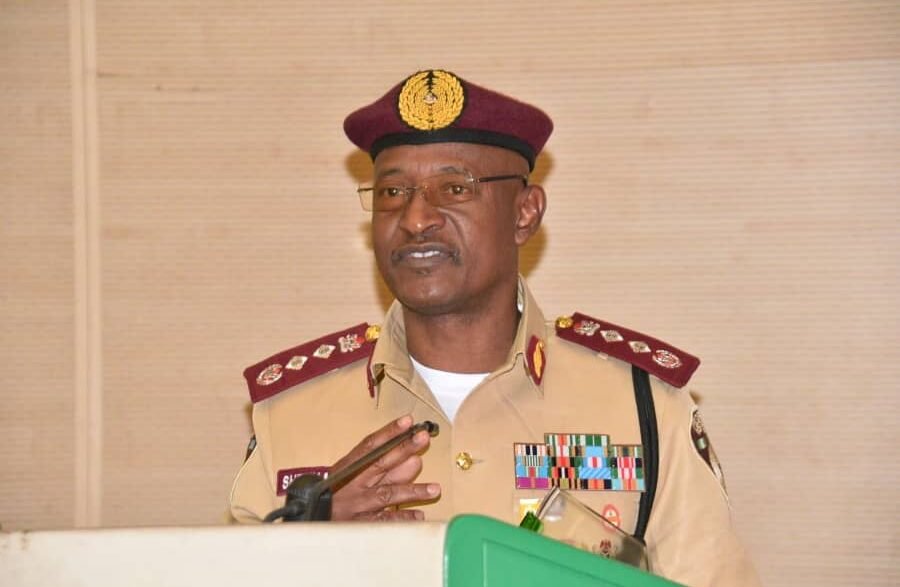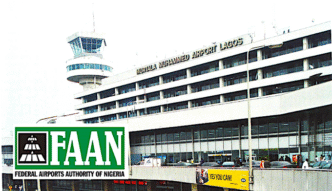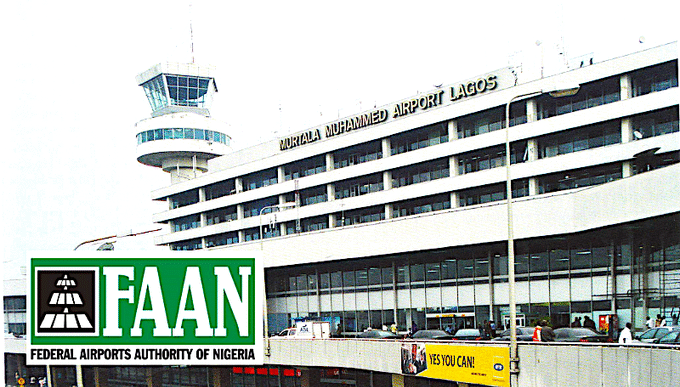The debate over the effectiveness of traffic law enforcement in Nigeria has taken a new dimension after the Corps Marshal of the Federal Road Safety Corps (FRSC), Shehu Mohammed, suggested that arming road safety operatives might be the only way to effectively enforce laws on Nigerian highways.
Mohammed’s remarks have ignited a national conversation on the rising challenges faced by road safety officials, ranging from non-compliance by motorists to increasing cases of violent attacks on officers while on duty. His comments reflect the growing tension between the need for stricter law enforcement and concerns over the implications of arming a body historically regarded as non-militarized.
Why the Debate Over Arming FRSC Officers Matters
The Federal Road Safety Corps, established in 1988, was primarily designed to curb accidents, educate motorists, and promote safety consciousness across Nigeria’s vast network of highways. Unlike the police or military, FRSC officials were not armed but instead relied on civic engagement, fines, and collaboration with security agencies to enforce compliance.
However, as road usage has expanded and traffic violations have become more rampant, many FRSC officers have reportedly faced harassment, physical assault, and even fatalities while trying to discharge their duties. The Corps Marshal’s statement underscores a frustration that the tools available to his operatives may no longer be sufficient to enforce traffic laws in an increasingly hostile environment.
The Corps Marshal’s Position
Speaking at a recent event, Shehu Mohammed made it clear that the safety and authority of FRSC personnel is under threat. According to him, several officers have been injured, maimed, or killed while trying to stop reckless drivers or enforce road laws.
“We cannot continue to deploy unarmed men and women to the highways where they face violent resistance from armed motorists or criminally minded individuals. Arming them may be the only option left if we want effective enforcement of traffic laws in Nigeria,” Mohammed said.
He further explained that while the primary role of the FRSC is traffic management, the reality of Nigerian roads has changed. In his view, officers who face threats daily cannot operate effectively without some level of protection.
Rising Violence Against FRSC Officials
Reports over the past decade indicate a troubling trend of motorists resisting arrest, assaulting officers, or speeding off during traffic stops. In some cases, FRSC personnel have been killed in hit-and-run incidents while attempting to enforce compliance.
One notable example occurred in 2019, when an FRSC officer was killed in Abuja after being run over by a motorist attempting to evade arrest. Similar cases have been recorded in Lagos, Rivers, Ogun, and other states.
For many, these incidents highlight the vulnerability of unarmed road safety officers who, unlike the police, lack the means to defend themselves against violent resistance.
Public Reaction: Divided Opinions
The suggestion to arm FRSC operatives has generated mixed reactions from Nigerians.
Support for the Proposal
Proponents argue that the increasing lawlessness on highways makes it imperative for officers to be armed. They believe that the mere presence of weapons could deter violent motorists, reduce resistance, and restore respect for road safety personnel.
Some also point out that other paramilitary agencies, such as the Nigeria Security and Civil Defence Corps (NSCDC), have successfully integrated arms into their operations while maintaining their civic responsibilities.
“FRSC officers face daily threats, yet they are expected to manage traffic with nothing but their uniforms and notebooks. Giving them firearms might be the only way to reduce the violence,” a commercial driver in Lagos told reporters.
Opposition to the Proposal
On the other hand, critics warn that arming FRSC officers could lead to abuse of power, extrajudicial killings, and a breakdown of public trust. Many Nigerians already express fear and suspicion toward armed law enforcement officers, citing cases of brutality and misuse of firearms.
Civil society organizations have also raised concerns. “Arming FRSC operatives is not the solution. What Nigeria needs is better training, technology-driven enforcement, and collaboration with the police. Putting guns in the hands of road marshals could worsen the situation,” said a spokesperson for a road safety advocacy group.
International Comparisons
Globally, most road safety agencies operate without firearms, focusing instead on technology, surveillance, and collaboration with police units. For instance, traffic enforcement officers in the United Kingdom and Canada are not typically armed but rely heavily on automated systems such as speed cameras, digital ticketing, and CCTV surveillance.
However, in countries with higher security risks, some traffic enforcement agencies have limited access to firearms, especially in regions where officers are vulnerable to violent crime.
This raises the question: should Nigeria follow the global trend of unarmed traffic enforcement, or does the unique security environment justify a different approach?
Alternative Solutions to Arming FRSC
While Mohammed’s call has sparked debate, experts argue that there are alternatives to arming FRSC personnel.
- Technology-Driven Enforcement
- Deploying speed cameras, automatic number plate recognition, and electronic ticketing systems could reduce the need for direct confrontation between officers and motorists.
- Nigeria has experimented with speed limit devices and body cameras in the past, though widespread adoption remains slow.
- Closer Collaboration With the Police
- FRSC could work more closely with the Nigeria Police Force, ensuring that armed officers are available to back up road safety personnel during enforcement operations.
- Legal Reforms and Stiffer Penalties
- Stronger penalties for assaulting FRSC officers, coupled with swift judicial processes, could deter motorists from violent behavior.
- Public Education and Behavioral Change
- Beyond enforcement, continuous public education campaigns could improve compliance and reduce the hostility faced by operatives.
Implications for Road Users
For motorists, the possibility of armed FRSC officers could drastically change the dynamics of traffic stops. While some may become more compliant, others worry about the potential for intimidation and abuse.
Commercial drivers, who are often at the center of confrontations with FRSC, have expressed both support and concern. Some believe it will restore discipline among reckless drivers, while others fear it could increase extortion and harassment.
Private motorists, too, are divided, with many insisting that better road infrastructure, signage, and awareness campaigns would be more effective than arming officials.
The Bigger Picture: Nigeria’s Road Safety Crisis
Nigeria remains one of the countries with the highest rate of road accidents in Africa. According to FRSC statistics, thousands of lives are lost annually due to reckless driving, speeding, and poor road conditions.
While enforcement plays a critical role, experts argue that road safety challenges go beyond compliance. Issues such as bad roads, lack of pedestrian infrastructure, poor vehicle maintenance, and inadequate driver training all contribute to the crisis.
Arming FRSC operatives may address one aspect—enforcement—but without addressing systemic challenges, Nigeria’s road safety crisis may persist.
What Happens Next?
The Corps Marshal’s statement is expected to spark policy discussions at the federal level. Any decision to arm FRSC officers would require legislative approval and collaboration with the Ministry of Interior and the National Assembly.
It also remains unclear whether the government, already grappling with insecurity on multiple fronts, would be willing to add firearms to a civilian-oriented agency.
For now, the debate continues, with Nigerians watching closely to see whether Shehu Mohammed’s call will translate into concrete policy or remain a controversial proposal.
Conclusion
The suggestion by FRSC Corps Marshal Shehu Mohammed to arm road safety operatives is one of the boldest and most contentious proposals in the agency’s history. While it highlights the dangers officers face on Nigerian highways, it also raises pressing questions about the balance between safety, enforcement, and civil liberties.
As Nigeria struggles to curb rising road accidents and lawlessness, the decision on whether to arm FRSC officers may shape the future of traffic enforcement in the country. Whether the government embraces this idea or pursues alternative solutions, one thing is certain: the call has forced Nigerians to confront the realities of road safety and the sacrifices of those who enforce it daily.














